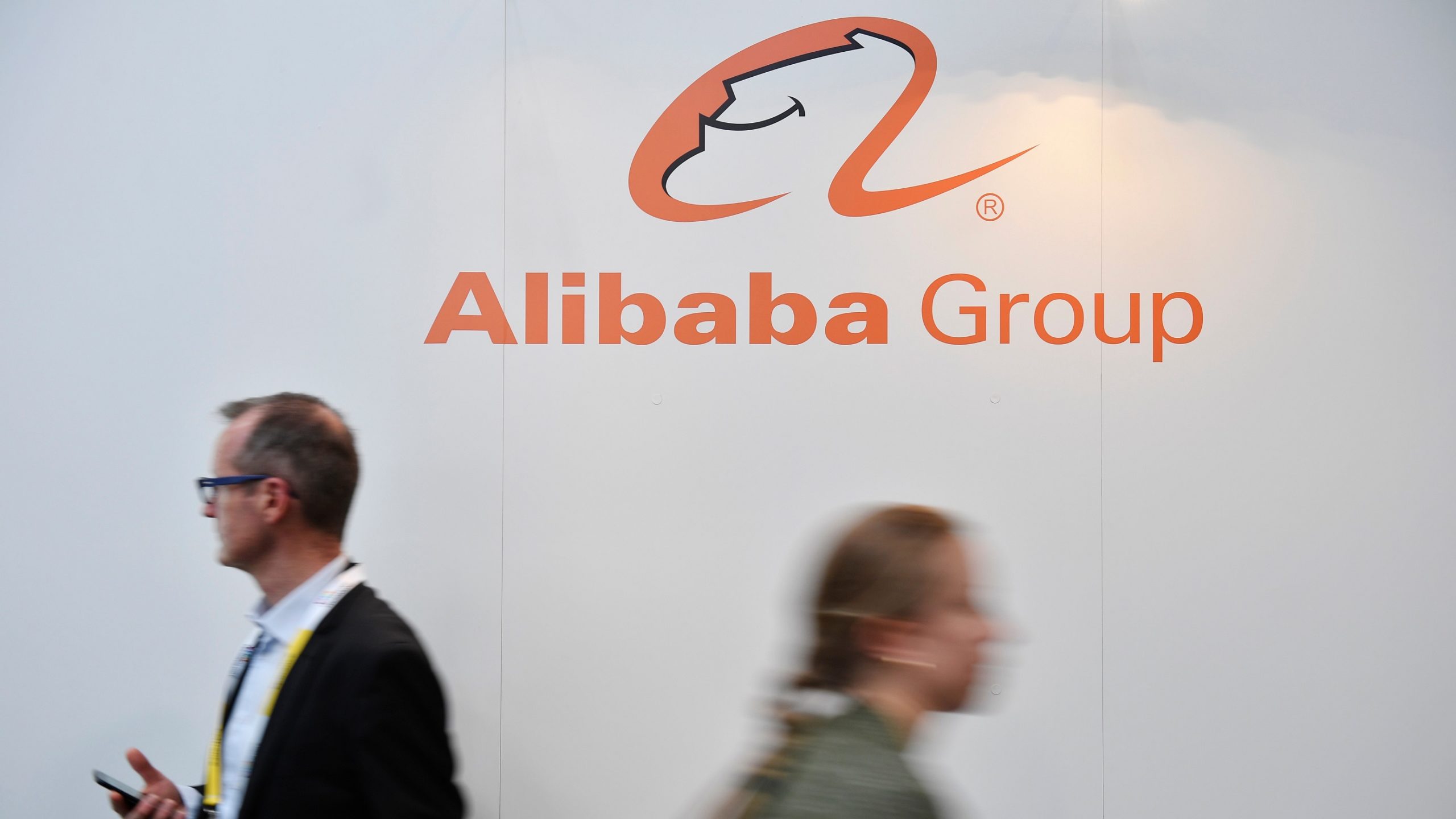Digital Media Losses Bottom Out at China’s Alibaba
By Patrick Frater
LOS ANGELES (Variety.com) – Digital media and entertainment continues to be the biggest lossmaker within Chinese tech giant Alibaba. But the group was able to unveil third quarter revenues up by a third and net income up by more than half.
For the three months between October and December, saw revenue increase by 38% to $23.2 billion, and net income climb by 54% to $7.21 billion.
The Chinese giant was able to claim a milestone of RMB10 billion ($10.4 billion) revenue for its cloud computing business, and a much in-demand secondary share listing in Hong Kong. “Alibaba Group experienced robust growth across our business this past quarter,” said Daniel Zhang, chairman and CEO.
Since the end of the reporting period, China has been struck by the outbreak of coronavirus, which has paralyzed transport, workplaces and entire cities. As an operator of digital services and home delivery activities, Alibaba stands to be a beneficiary.
“In response to the , we mobilized Alibaba ecosystem’s powerful forces of commerce and technology to fully support the fight against the outbreak, ensure supply of daily necessities for our communities and introduced practical relief measures for our merchants,” said Zhang.
The digital media businesses – where most revenue comes from streaming platform Youku, and from advertising at the UCWeb browser – was modestly improved. Revenue grew 14% from RMB6.49 billion ($929 million) in the equivalent 2018 quarter to RMB7.40 billion ($1.06 billion) in the October to December 2019 period, but the group acknowledged that most of that came from the consolidation of Alibaba Pictures. Compared with the second quarter, there was only a 1% revenue improvement.
Net losses at digital media were RMB3.96 billion ($567 million), were down from RMB7.10 billion ($1.10 billion) in the 2018 quarter, but higher than the losses in the July to September 2019 quarter. The EBITDA loss margin in the segment came down from 93% a year ago to 45%.
Alibaba said that ’s average daily subscribers increased by 59% year-over-year, but it did not provide data. It said that the growth came from more effective targeting of new subscribers during key promotional campaigns, an increase of auto-renewal subscribers and a greater success with cross selling from its retail marketplaces.
“We continue to invest in original content production capabilities while seeking cost efficiencies and return on investment, resulting in narrowing adjusted EBITA losses year-over-year during the quarter,” the group said. It described that as “a more disciplined content spending policy.”

